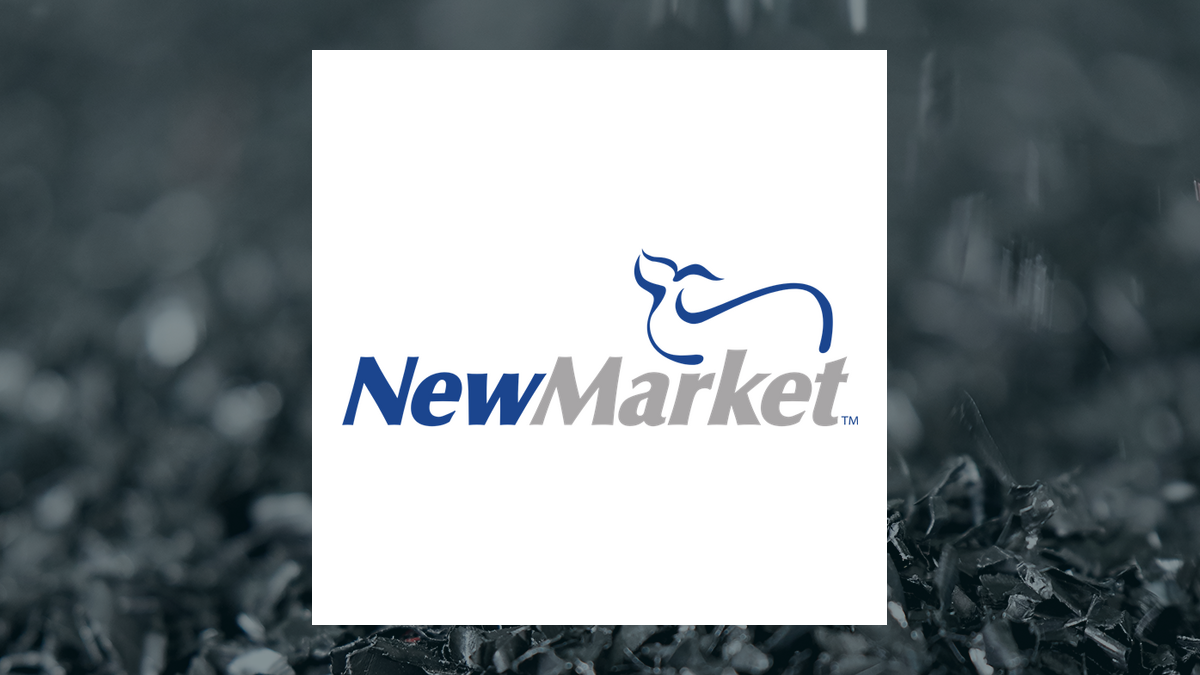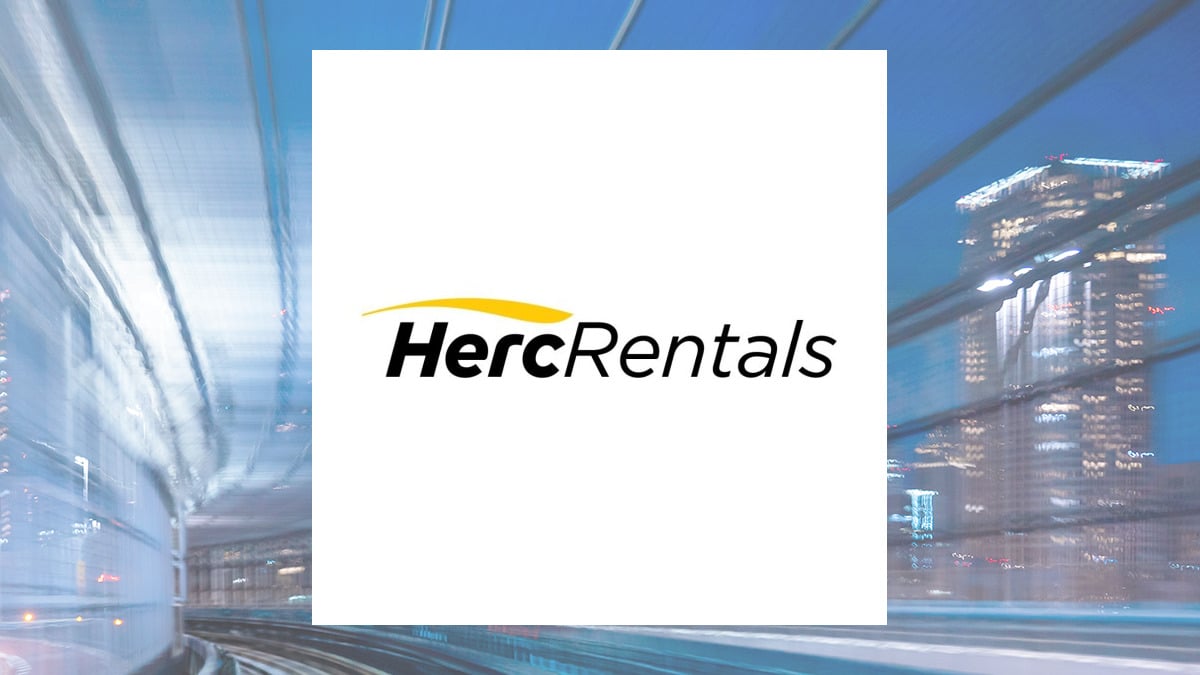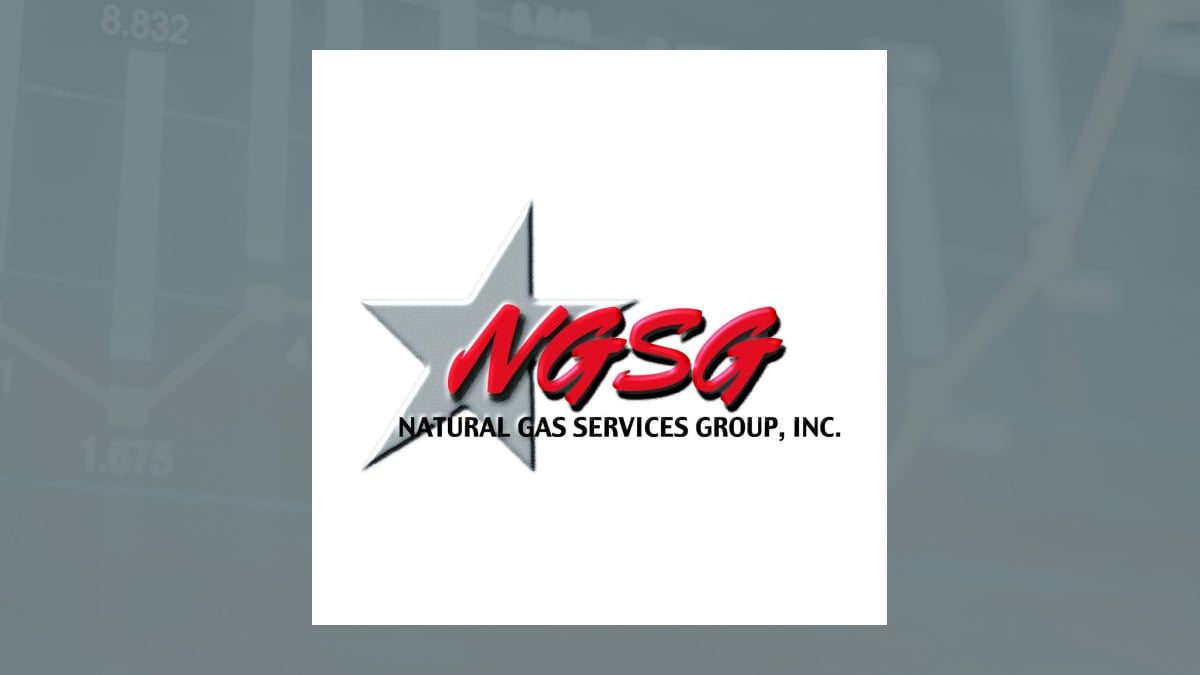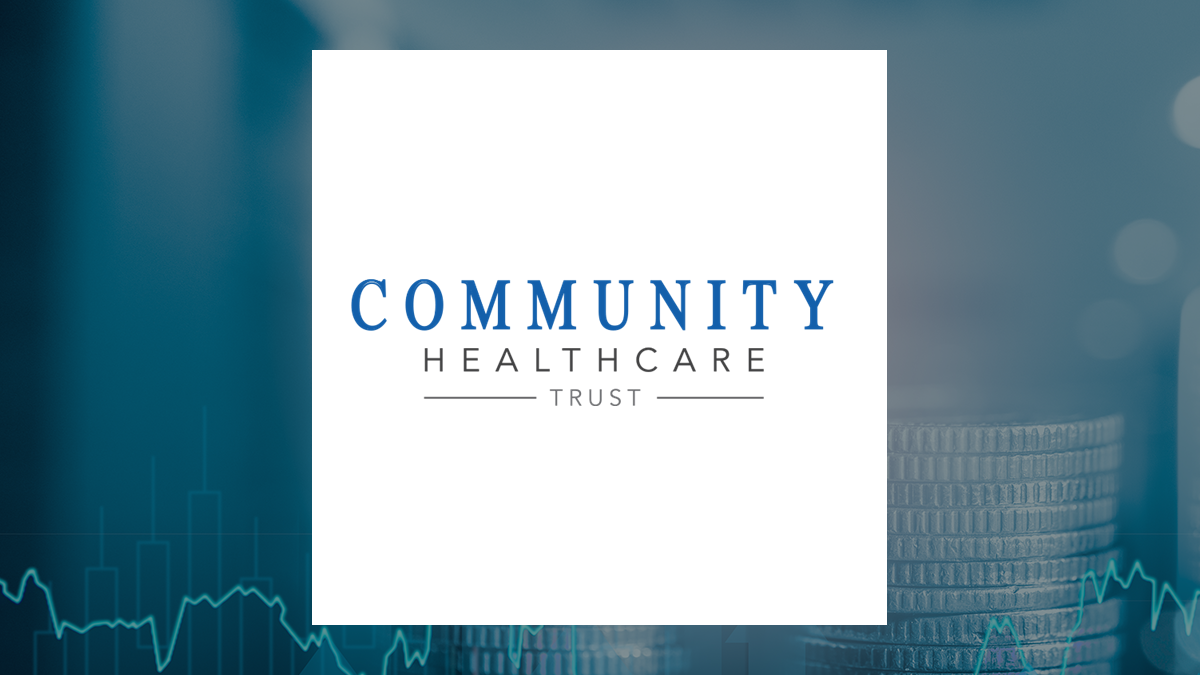For harried patients and their relatives who twiddle their thumbs for frustratingly long to get medical insurance claim settlement or cashless authorization approved, help may be at hand soon. The Centre is planning to make it mandatory for health insurance companies to approve cashless authorization requests within an hour, and final claim settlement requests within three hours, according to two people close to the development. Alongside, a professional agency may be hired to design standardized insurance claim and application forms that are easy to understand and fill.
Such forms would also ensure that insurance companies settle claims in full and within the specified period. “The idea is to have BIS-type standards in the insurance sector that streamline the operations of the health insurance industry," said one of the officials cited above on the condition of anonymity. BIS or Bureau of Indian Standards is the national standards body of India.

| The official added that the objective is to bring more people under health insurance coverage so that “insured patients do not face financial distress due to rising medical bills". This is in line with the Union government’s aim to provide affordable health insurance coverage and insurance to all by 2047, which Irdai had announced in November 2022. To be sure, the insurance sector’s regulator—Insurance Regulatory and Development Authority of India (Irdai)—had issued a master circular in 2024 with specific guidelines for timely resolution of claim settlement requests.
However, health insurers facing a surge in claims have failed to adhere to the regulations. “There have been cases of insurers rejecting or denying 100% cashless claims," the official cited earlier said. “Strict enforcement of Irdai's regulations and the standardization of the settlement process should help increase consumer confidence in health insurance products.
" Queries emailed to the Union finance ministry and Irdai remained unanswered till press time. | The move to quicken the process of approvals from insurance companies is in addition to the Centre’s efforts to strengthen the National Health Claims Exchange (NHCX) along with the National Health Authority and Irdai. The NHCX is a digital platform designed to streamline and standardize the processing of health insurance claims by insurance companies.
As of July 2024, 34 insurers and third-party administrators (TPAs) were live on the NHCX, and approximately 300 hospitals were ramping up to start sending their claims on the platform. To be sure, India has 26 general insurance companies, two specialised insurers, and seven standalone health insurance companies, and a much higher count of hospitals running into an estimated 200,000 in number. Not so easy Insurance industry insiders lauded the move to hasten approvals but pointed to on-ground challenges.
A top executive of a private sector general insurer, requesting to remain anonymous, said the idea would surely promote greater participation of people in health insurance. “However, the government should also look into aspects of rising healthcare bills that often make quick claim settlement difficult," this executive said. “The standardisation of claim forms would be a good step, but its enforcement should be ensured.
" According to general insurer ACKO's India Health Insurance Index 2024, the average claim size in health insurance policies rose 11.35% in 2023, reflecting the rise in healthcare costs and medical inflation. This rise in medical inflation is leading to higher health insurance premiums that have almost doubled in past three to four years.
Also, the report pointed to an annual 14% rate of increase in healthcare costs in India. | R. Balasundaram, secretary general of the IBAI (Insurance Brokers Association of India), pointed to more challenges.
“It is one thing to pass a regulation but totally a different issue on implementation," he said. “Insurers/TPAs/ hospitals have their own practical issues that come in the way of meeting these timelines. It is only a closely co-ordinated effort between these stakeholders that can crunch the timelines for concluding a claim.
" Balasundaram added that a claimant is only concerned about how quickly a TPA (third-party administrator) approves a claim and how soon he can come out of hospital after confirmation of the settlement amount. “Claimant may not be bothered about the time taken for insurer to settle with the hospital," he said. “However, this is most important for hospitals and insurers too.
It is work in progress. We are on the right path, though progress is slow. Linking this directly to expansion of health insurance coverage would be a bit premature.
" “Quick settlement of cashless claims is very important," said C.R. Vijayan, former secretary general of General Insurance Council.
“Hospital discharge normally happens in the evening. Bills are sent by hospitals to insurance company/TPA. They get an hour or so to respond.
During this time patient/bystander is worried about when the claim will be settled and how much. The current system needs to be revamped and made more transparent. Standardisation of claim forms .
will help." | Sharad Mathur, managing director and chief executive officer of Universal Sompo General Insurance, was in favour of the government’s move. “Faster claim registration and settlement timelines, if implemented effectively, will reduce stress on patients and their families while also strengthening trust in the insurance process," he said, adding that standardized surgery rates and discharge documentation across hospitals can streamline backend operations and minimize disputes, enabling insurers to process claims swiftly and accurately.
“Such alignment between healthcare providers and insurers will undoubtedly result in a smoother experience for policyholders. If necessary, bringing hospitals under regulatory oversight would support achieving the larger objective," he added. The central government has also been working on having a separate regulator for the health insurance business.
Last year, the Union finance ministry wrote to the Union health ministry to finalize the contours of the new regulator for the health sector to bring about uniformity in health services and facilitate affordable health insurance coverage for all citizens. However, the plan is still in works and has not moved forward. Low penetration The latest development comes in the backdrop of rising payouts for insurance claims as well as the number of outstanding claims yet to be settled.
According to Irdai, the gross direct premium underwritten by general insurers in FY25 (April to November) stood at 2,05,138 crore, a growth of 8.89% over the same period of previous fiscal ( 1,88,386 crore). | As for outstanding claims, data from Irdai shows there were 25 million outstanding claims as of March 2024.
This was a significant rise compared to 17.5 million in March 2023, which in turn had more than doubled from 8.5 million outstanding claims in March 2022.
India's healthcare expenditure remains low compared to the global average. According to the World Health Organization’s Global Health Expenditure Database, India's healthcare spending as a percentage of gross domestic product (GDP) is significantly lower than that of developed nations like the US and the UK, as well as developing countries such as Brazil, Nepal, Vietnam, Singapore, Sri Lanka, Malaysia, and Thailand. Between 2013-14 and 2022-23, total insurance penetration rose from 3.
9% to 4%, while insurance density rose from $52 to $92. Insurance penetration and density are used to assess a country's level of development of the insurance sector. Insurance penetration is measured as the percentage of insurance premium to GDP, and insurance density is calculated as the ratio of premium to population (per capita premium).
| Shashwat Alok, associate professor of finance at Indian School of Business (ISB) said, “Insurance coverage penetration in India remains concerningly low, at least in part because consumers remain uncertain whether their claims will be honoured in times of need. The other issues are lack of awareness and affordability. So, the proposed regulations are well-intentioned and timely.
The emphasis on accelerating registration and settlement of health insurance claims addresses a critical issue faced by consumers and can foster greater trust and consumer confidence in the insurance industry. This can, in turn, encourage increased consumer participation in insurance markets by previously uninsured/underinsured consumers, and help expand the customer base of insurance firms, resulting in a win-win for all involved." “Over time, the expansion in consumer base can allow insurers to price health insurance products more competitively due to increased risk diversification across a larger number of customers, resulting in greater affordability.
However, the effectiveness of these changes will hinge on clear accountability frameworks to ensure insurers and hospitals adhere to the proposed timelines. Further, such changes need to be combined with parallel policy measures addressing affordability and awareness," he added..
Business

Coming soon: Mediclaim cashless approval in an hour; claim settlement in 3 hours

With the govt pushing for faster health insurance approvals, patients could see a major reduction in waiting times for cashless claims. Don't miss out on the detailed insights—subscribe today for the complete article!















